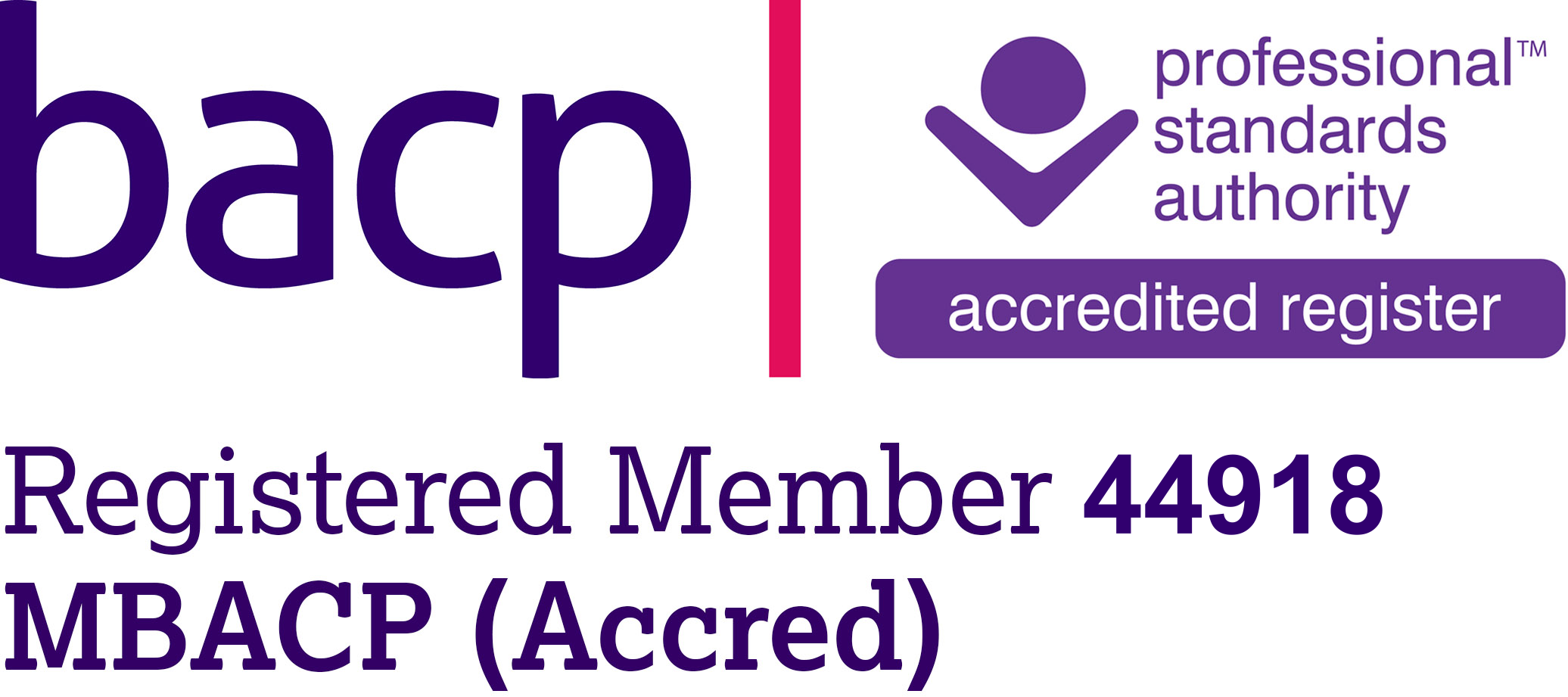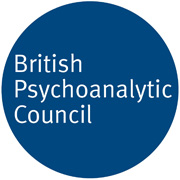Psychodynamic Counselling & Psychotherapy
The Psychodynamic approach takes the view that people are largely motivated by unconscious drives. Psychodynamic work attempts to help you increase your awareness of your unconscious motivations.
Where your conscious and your unconscious motivations are in conflict with each other, it can lead to anxiety and unhappiness, and difficulty in relationships with others, as well as to self-sabotage. Psychodynamic counselling aims to help you make these conflicting motives conscious, so that you can come to terms with them or resolve them, at which point, the symptoms of these conflicts usually lessen or disappear, and there is a tendency to experience greater freedom and joy in life.
Exploring how past experiences or relationships might be influencing or distorting a person's perceptions of what's going on here and now can be helpful as a part of the process.
Keeping conflicting emotions and bottled up feelings out of our awareness takes a lot of emotional energy; being able to work through and resolve these often results in the person having more reserves of energy, and a greater sense of vitality.
So it follows that Psychotherapy and counselling can help if you feel troubled, anxious or depressed, face difficulties in forming and maintaining relationships; have concerns about sexual identity or issues around gender; are experiencing bereavement or have work related problems and stress.
It can also help if you have experienced abuse or trauma, either in childhood or as an adult; if you experience panic attacks, have problems with eating or are a recovering addict.
If you just have a feeling that something is wrong, that there must be more to life, exploring this in a therapeutic setting can help by putting your feelings into words, gaining a better understanding and help make the way forward clearer.
Confidentiality is strictly observed and the BACP ethical framework for good practice is strictly followed.







